The suspicious arrest of Telegram founder Pavel Durov
The fight against censorship and the suspicious arrest of Telegram founder Pavel Durov.
When it comes to the free and rapid broadcast of information directly into a billion people's mobile phones, Telegram stands unrivaled.
As the Zionist regime's genocidal attack on Gaza enters its 11th month, the Telegram app continues to serve as a vital medium for those in Palestine, Lebanon, Yemen and elsewhere, to communicate with the world.
Users of the app can quickly share images, videos and stories from the ground.
Telegram has also been used to leak sensitive Israeli data. Zionist military and intelligence officials have acknowledged that this breach is the most severe in Israel's history with hackers accessing large amounts of classified information.
All of this has enraged the Zionist regime, particularly, since Telegram has been the most resistant platform to censorship, often refusing to take down information at Israel's request.
So it is perhaps not surprising that Telegram is now under attack.
Pavel Durov, the founder of Telegram, who lives in the UAE, was arrested in late August by French authorities after his plane landed near Paris.
He was arrested for allegedly refusing to cooperate with law enforcement on moderating the platform for content relating to drug trafficking and child sexual abuse. He was also charged with unlawfully providing cryptography services.
But these charges are unfounded; give, Telegram's own strong policies against such content.
The timing of Durov's arrest is highly suspicious. Indeed, it appears to simply be a pretext to suppress the platform in light of recent demands from the Zionist regime.
In April this year, Durov revealed that he had received pressure from unnamed sources to remove content, but he insisted that Telegram should remain a neutral platform.
Unlike Telegram, other platforms such as Google, Meta and Amazon, have routinely removed content critical of Israel.
In fact, those platforms have even been infiltrated by hundreds of former agents of unit 8200 in the Israel occupation forces.
The unit is known for conducting cyber warfare operations and uses blackmail tactics against Palestinians.
Since the seventh of October last year, Meta alone has removed thousands of posts critical of the Zionist regime.
While companies like Meta employ thousands of moderators to engage in censorship, Telegram employs around 50 people and only provides a single e-manager for content moderation issues.
The app is also known for repeatedly refusing to comply with the Zionists regime's takedown requests, even when Durov has been asked directly to do so.
The arrest of Durov appears to be a message to other tech leaders about the consequences of resisting Zionist censorship demands and an attempt to protect Israel from scrutiny.
The Zionist regime has a long history of censorship and targeting journalists and academics and activists to suppress reports about its atrocities.
The Zionist regime's commitment to censorship is nothing new. Israel's campaign against Telegram and other tech giants is an extension of the methods it has used for many years within occupied Palestine.
Despite Israel's self-declared support for press freedom, the truth is that it implements regular and strong censorship, murders journalists, and limits the spread of information, especially about its atrocities against Palestinians.
One prominent aspect of Israel's censorship is the role of the Israeli Military Censor, a unit in the Israel occupation forces that oversees and controls publication of information within the Zionist entity.
This censorship covers academia, the media and much more.
For example, the unit typically censors over 2,000 news articles within Israel each year. Failure to comply with the regime's censorship demands results in a loss of journalistic credentials, or in the case of foreign reporters, being banned from Israel.
But the censorship is not just about the present day; Israel censors scholarship about its historic atrocities, like banning the word Nakba, Arabic for catastrophe, to describe the Zionist ethnic cleansing of Palestine that took place in 1948.
Israel has also enforced censorship within Palestinian control territory, banning thousands of books and limiting communication equipment.
With the dawn of the 24 hour news cycle, Israel began censoring international news broadcasters. In 2002, for example, US news stations, CNN and NBC, were threatened with legal action for their coverage during the Second Intifada.
Most recently, in 2017, the Zionist regime closed Al Jazeera's office in al-Quds.
In 2021, Israel destroyed the Al Jala building in Gaza, which contained the offices of Al Jazeera, the Associated Press and other news outlets, generating global outrage.
The following year, the Israel occupation forces shot dead Al Jazeera reporter and icon of Palestinian journalism, Shireen Abu Akleh in the West Bank.
In the ongoing genocidal campaign in Gaza, Zionist censorship has reached a new level.
According to the Committee to Protect Journalists, Israel has killed at least 116 journalists since the seventh of October last year.
In April, the Zionist Parliament passed a new law allowing for foreign news organizations operating in Israel to be shut down by senior regime officials. While the law was initially temporary, Zionist lawmakers are seeking to make it permanent.
Israel's recent attacks on Telegram are, therefore, part of a long tradition of brazen Zionist attacks against freedom of expression.
Elon Musk’s tumultuous love affair with Israel

European preparedness strategy

The Trump economic effect

Italy sounds alarm bells on US tariffs, EU bureaucracy
Dangerous situation: US must stop heavy attacks against Yemen
Trump admin. monitors social media of student visa holders for pro-Palestine activism
Retaining Iran’s economic resilience under pressures
US embassy in Syria tells Americans to leave, warns of increased risk of attacks
Missing Gaza rescue team ‘executed’ by Israeli forces, officials say
VIDEO | New documentary chronicles Gaza solidarity encampments at Columbia
Trump administration officially shutters USAID after months of cuts
VIDEO | International Quds Day marked in Kashmir with massive rallies



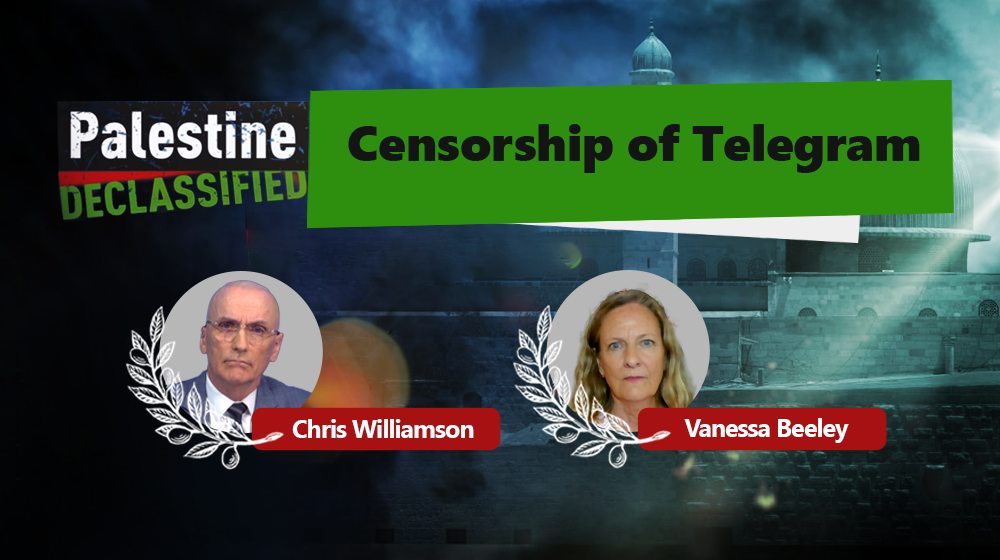



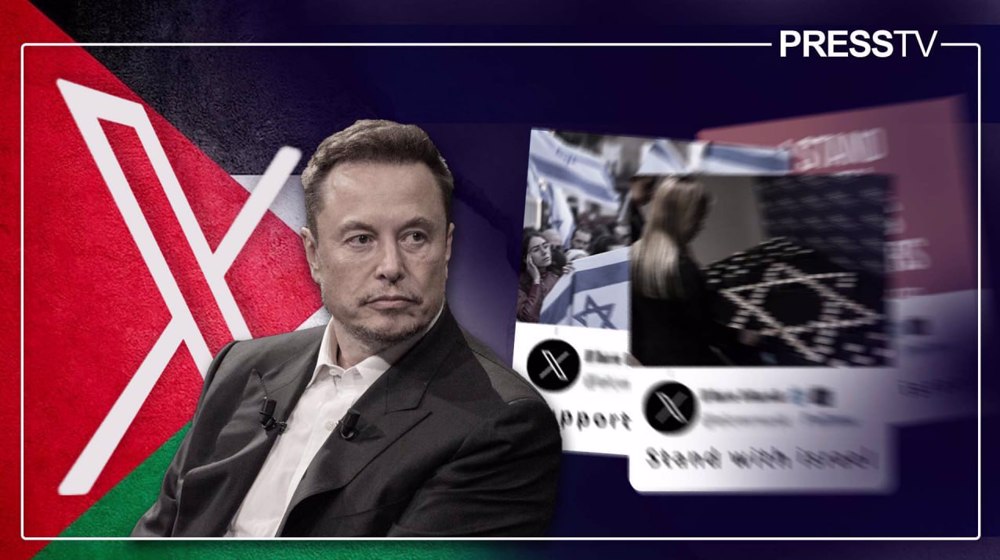
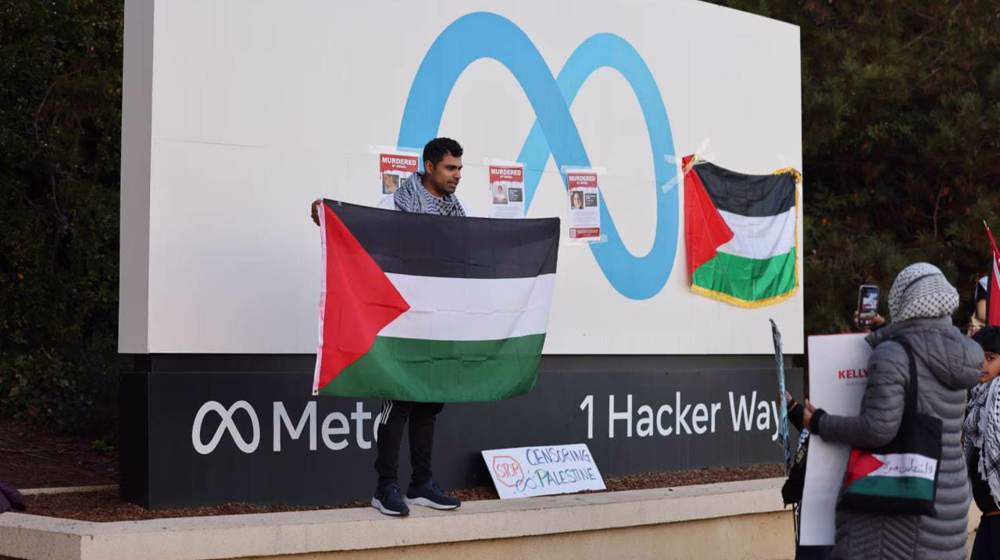
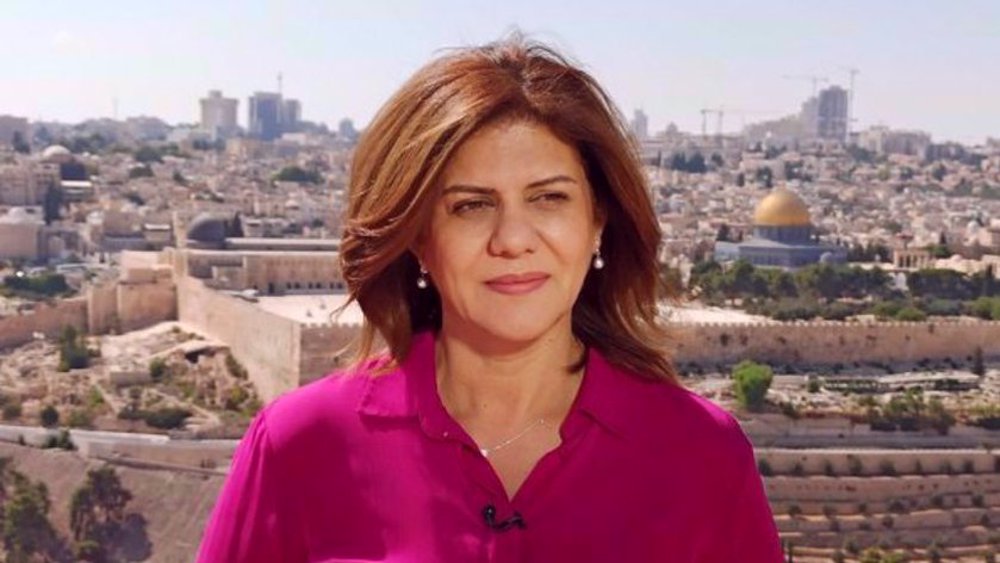






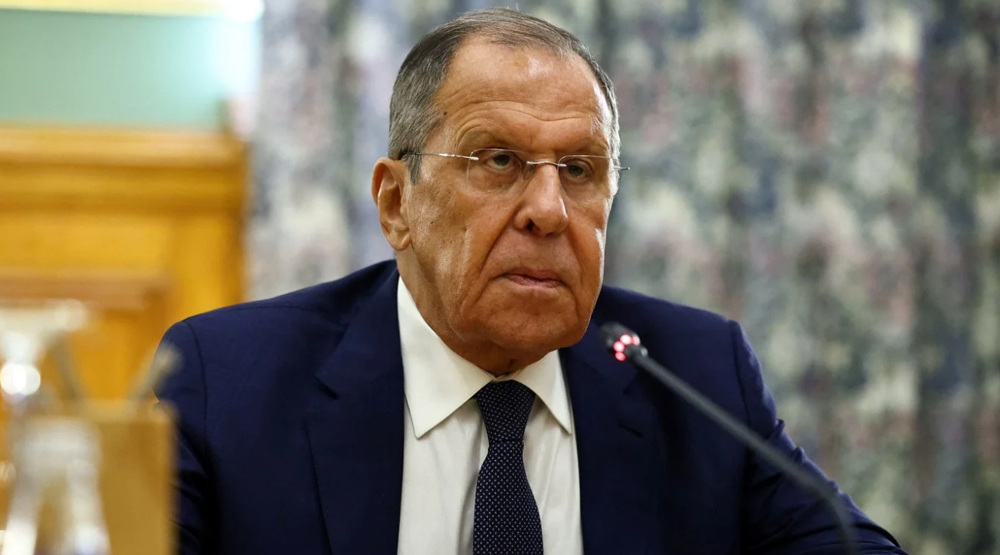



 This makes it easy to access the Press TV website
This makes it easy to access the Press TV website